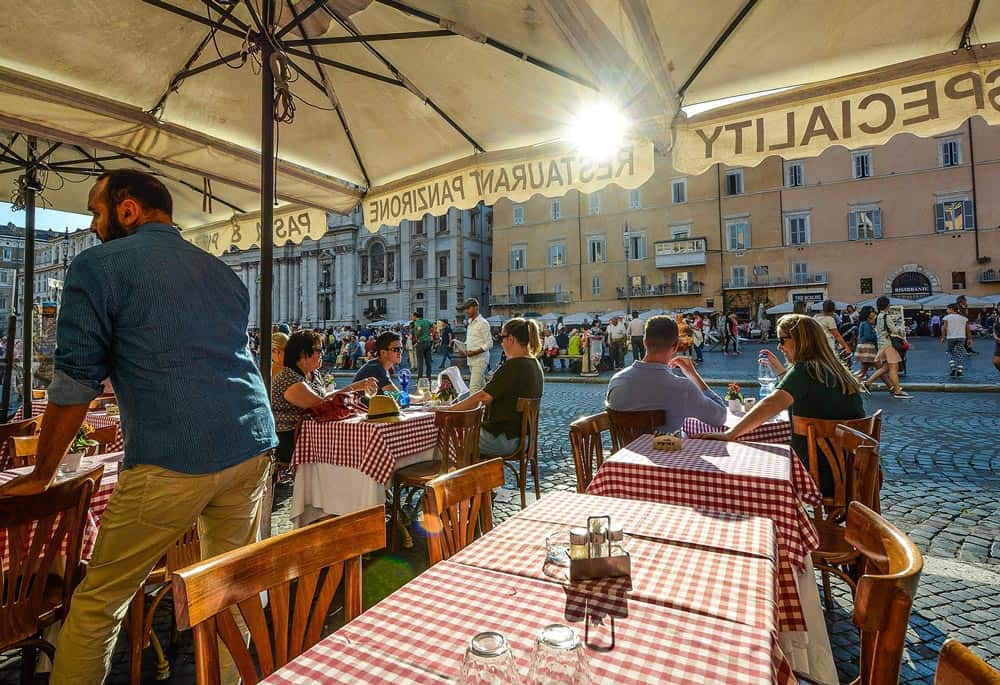When it comes to making payments in Italy, the age-old question still remains: is cash king? Despite the rise of digital payments around the world, cash continues to play a significant role in Italian society. But why is this the case, and what are the implications for businesses and travelers?
According to statistics, Italy is one of the countries in Europe where cash is still king. In fact, around 83% of transactions in Italy are made with cash, compared to just 52% in the UK and 62% in France. This preference for cash can be attributed to a variety of factors, including cultural norms, tax evasion, and a lack of trust in banks.
One of the main reasons why cash is still king in Italy is the country's strong tradition of using physical currency. Italians have a long history of using cash for everyday transactions, and many people prefer the simplicity and anonymity that cash provides. This cultural preference for cash is unlikely to change anytime soon, despite the growing popularity of digital payments.
Another factor that contributes to the popularity of cash in Italy is tax evasion. Italy has a high rate of tax evasion, and many businesses and individuals prefer to deal in cash to avoid paying taxes. This informal economy has led to a widespread acceptance of cash payments, even in sectors where digital payments are more common in other countries.
Furthermore, there is a lack of trust in banks in Italy, which has also contributed to the dominance of cash. Italians have a long history of financial instability, including banking crises and government defaults, which has eroded trust in the banking system. As a result, many people prefer to keep their money in cash rather than trusting it to a bank.
For businesses and travelers in Italy, the dominance of cash can present both challenges and opportunities. While accepting cash payments can make it easier to attract Italian customers, it can also create logistical and security issues. Businesses may need to invest in secure cash handling procedures and equipment to protect themselves from theft and fraud.
On the other hand, travelers to Italy may find that using cash is more convenient in some situations, such as shopping at local markets or dining at small restaurants. However, they should be aware of the risks of carrying large amounts of cash and take precautions to protect themselves from theft or loss.
In conclusion, cash is still king in Italy for a variety of reasons, including cultural norms, tax evasion, and a lack of trust in banks. While this preference for cash may present challenges for businesses and travelers, it also offers opportunities for those who are willing to adapt to the local payment culture. By understanding the role that cash plays in Italian society, businesses and travelers can make informed decisions about how to navigate the cash-driven economy of Italy.


